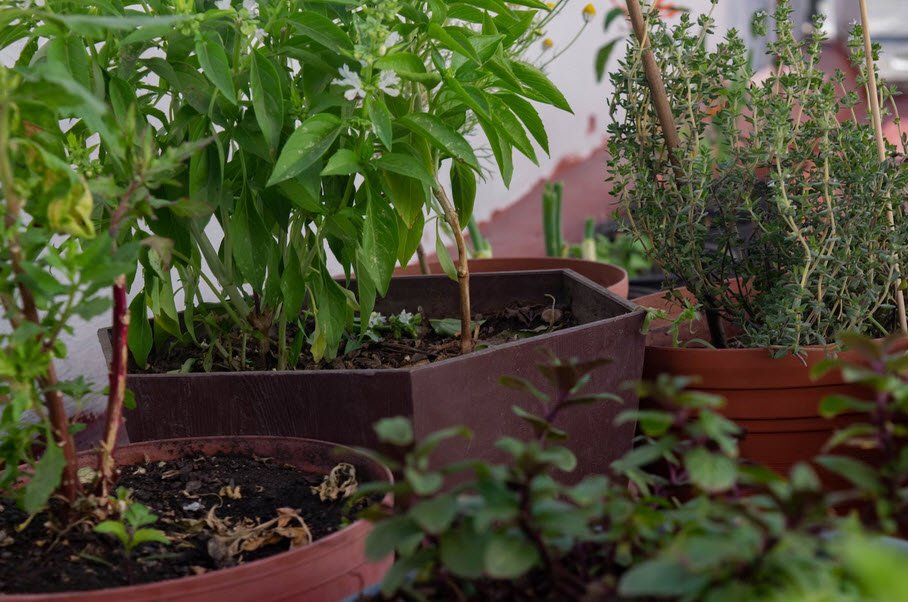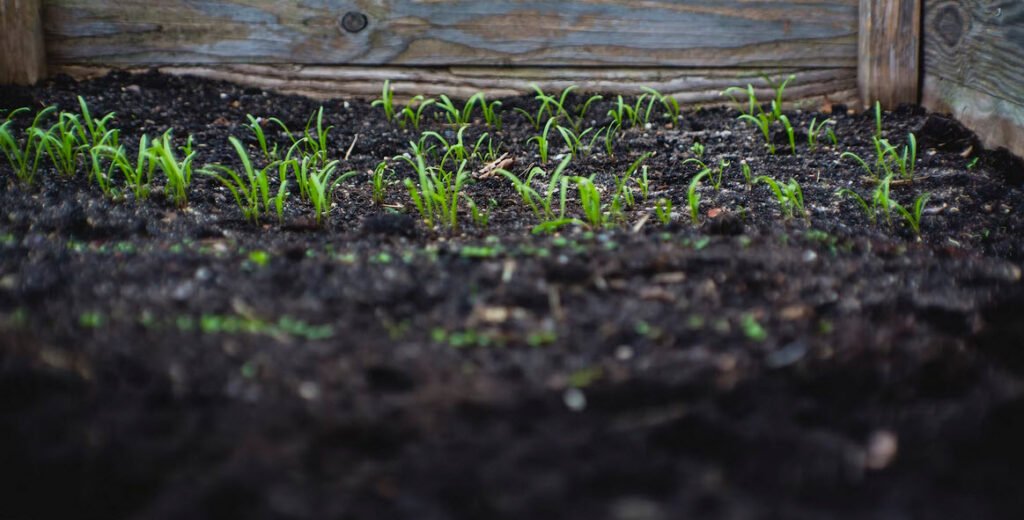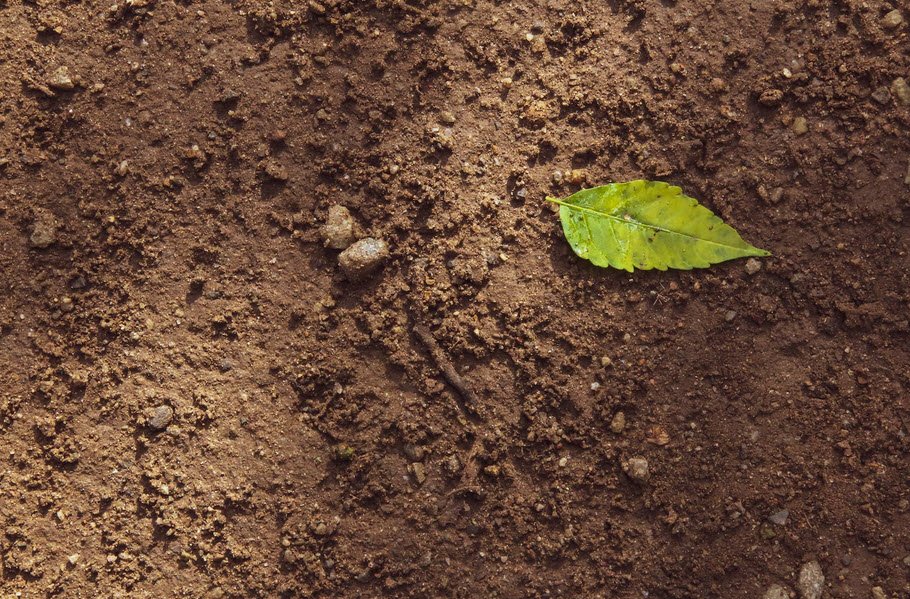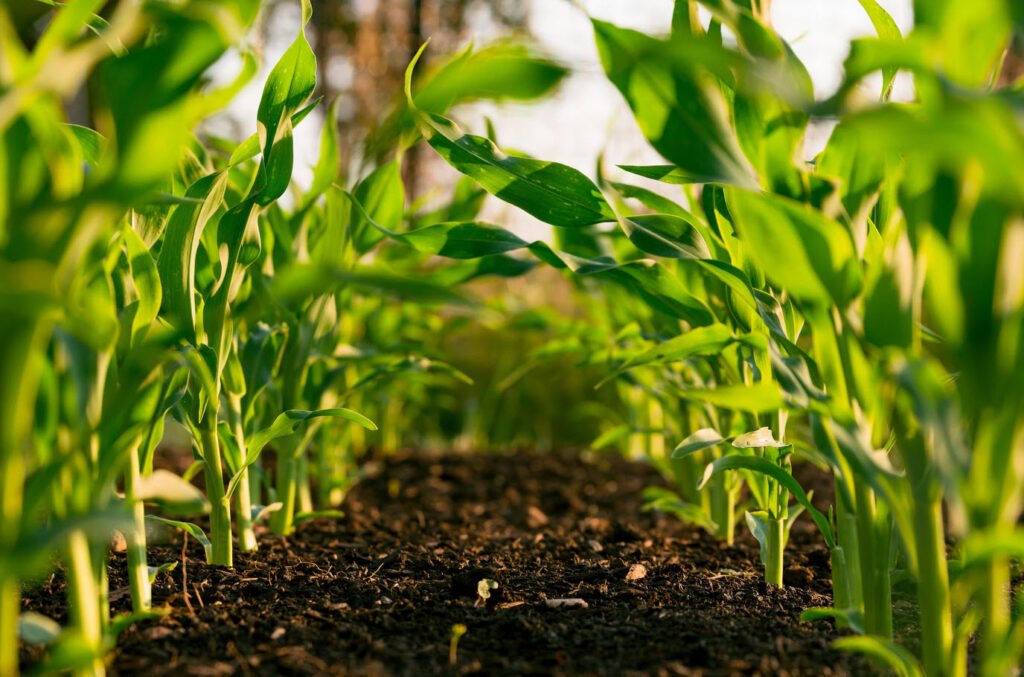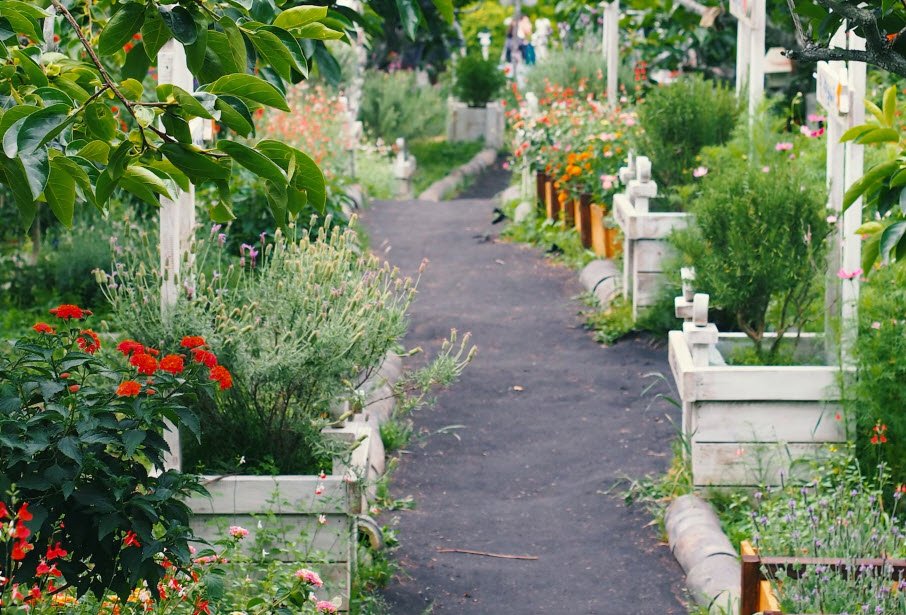Posted inGarden
How to Make Your Own Backyard Composting Heap
Composting is nature’s own way of recycling yard and household wastes by converting them into valuable fertilizer, soil organic matter, and a source of plant nutrients. The result of this…

